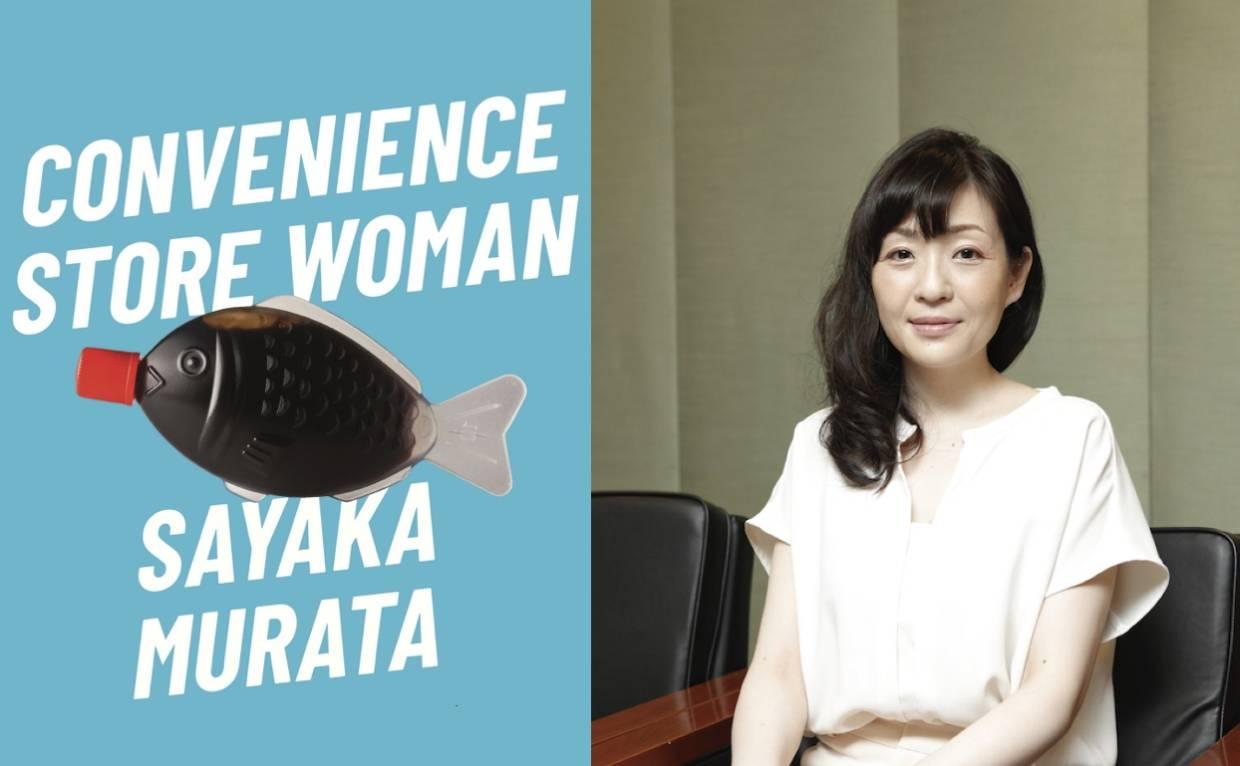By Dimitra Gatzelaki,
“The jingle of the door chime as a customer comes in sounds like church bells to my ears. When I open the door, the brightly lit box awaits me—a dependable, normal world that keeps turning. I have faith in the world inside the light-filled box”, is the first of the best-selling author’s works to be translated into English and has been praised for its fluorescent prose that subverts expectations.
The novel follows 36-year-old Keiko, a part-time worker at a convenience store whose existence is absorbed by its miniature world. Keiko is an “oddball”, quirky and different: not quite able, from a young age, to follow social norms and expectations, working at the store so central to Japanese culture interestingly makes her feel “reborn” and as she has finally “pulled off being a person”.
Indifferent to anything but the convenience store, Keiko has no social or love life outside of it, and normal human behavior baffles and amuses her, as she can’t understand it. As such, Murata cleverly questions social ideals of happiness in contemporary culture through her nonchalant heroine and reveals to the reader a truth about this valuable emotion hidden in plain sight.

Keiko has never quite fit in. From her quiet job and her quiet life, she observes people around her like a “friendly alien scientist” with psychopathic undertones. She understands her difference compared to them, but also that she needs to be cured, to conform to society’s standards of a normal person to not be “eliminated”. She makes all sorts of excuses to appear normal to her acquaintances who have all “hooked up” with society through employment or marriage. Yet, even alone in her dead-end job, barely making ends meet, Keiko is not simply content but happy.
Real happiness, psychology tells us, while associated up to a point with external factors, primarily comes from within. And Keiko is pleased in her convenience store, which triggers a bodily reaction to her otherwise deadpan nature: “I could distinctly feel all my cells stirring within my skin as they responded in unison to the music reverberating on the other side of the glass”. Upturning social standards, she demonstrates that the (otherwise futile) pursuit of happiness can be attained through something as simple as a convenience store.

Keiko’s unconventional happiness echoes Aristotle’s belief that “[it] involves, through the course of an entire life, choosing the ‘greater good’”. She takes pleasure in being a functional part of society, one of its “cogs”, useful to people even though she doesn’t understand them. After her first shift, she describes how “at that moment, for the first time, I felt I’d become a part of the machine of society. I’ve been reborn, I thought”. Keiko’s happiness is therefore simple, timid, selfless, and rather collective, but far from unsound.
Ultimately, Murata gets her point across without any harsh criticism of her protagonist. Keiko is abnormal, a deviation from “normal” people in society, as her thoughts and actions verging on the psychopathic demonstrate. However, Murata, like a respectful creator, doesn’t judge how Keiko achieves fulfillment but instead admires her “quirk and lively boldness”. To second-guess Keiko, I think, would be to fall into the same trap as the other characters in the novel. For me, the message of Convenience Store Woman is one of boundless acceptance: happiness comes from within, and every form of it is valid.
References
- Sayaka Murata, Convenience Store Woman, Granta Books, UK, 2019.
- Sayaka Murata’s Eerie ‘Convenience Store Woman’ Is a Love Story Between a Misfit and a Store, The New Yorker. Available here
- The Philosophy of Happiness in Life (Aristotle’s View), Positive Psychology. Available here




